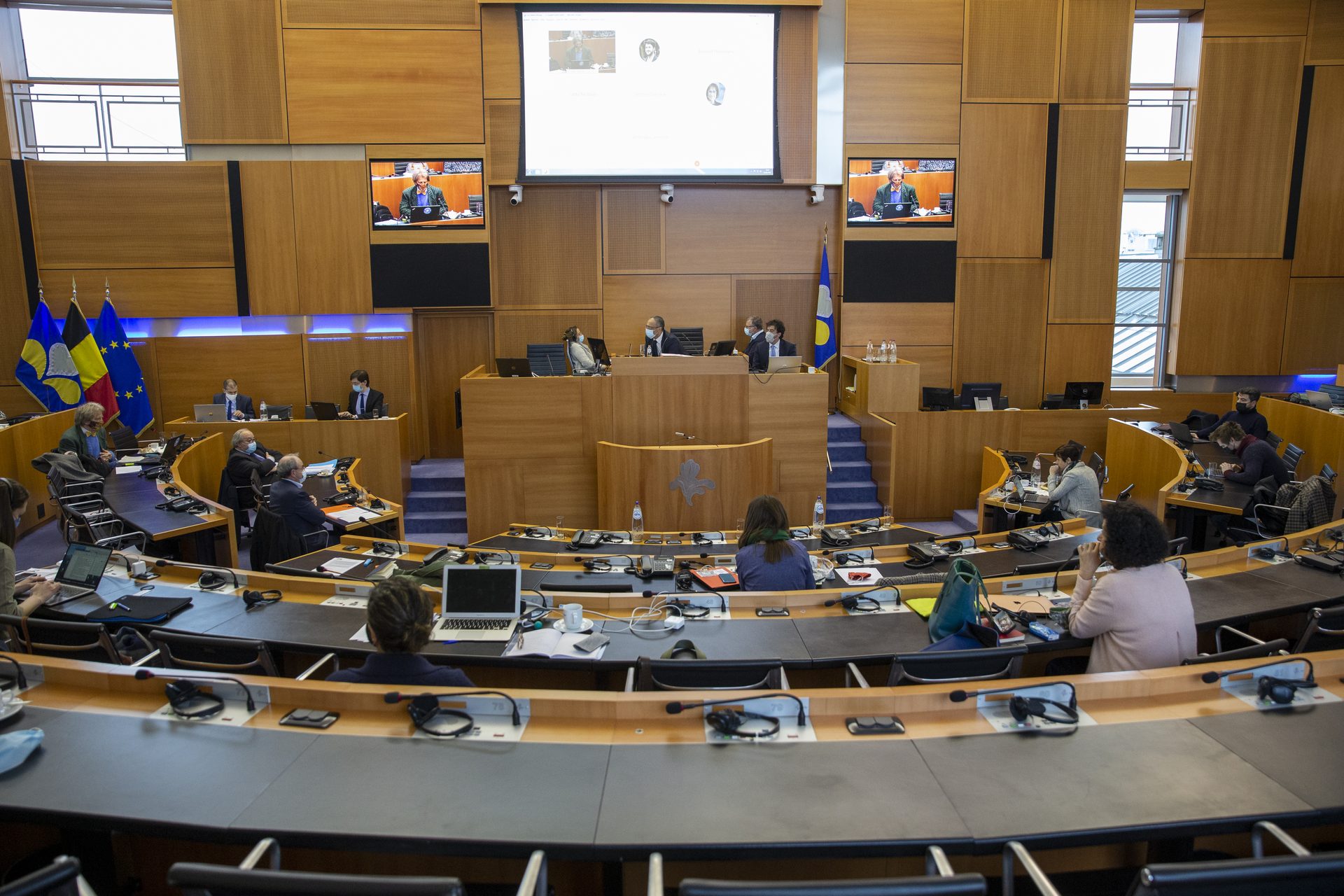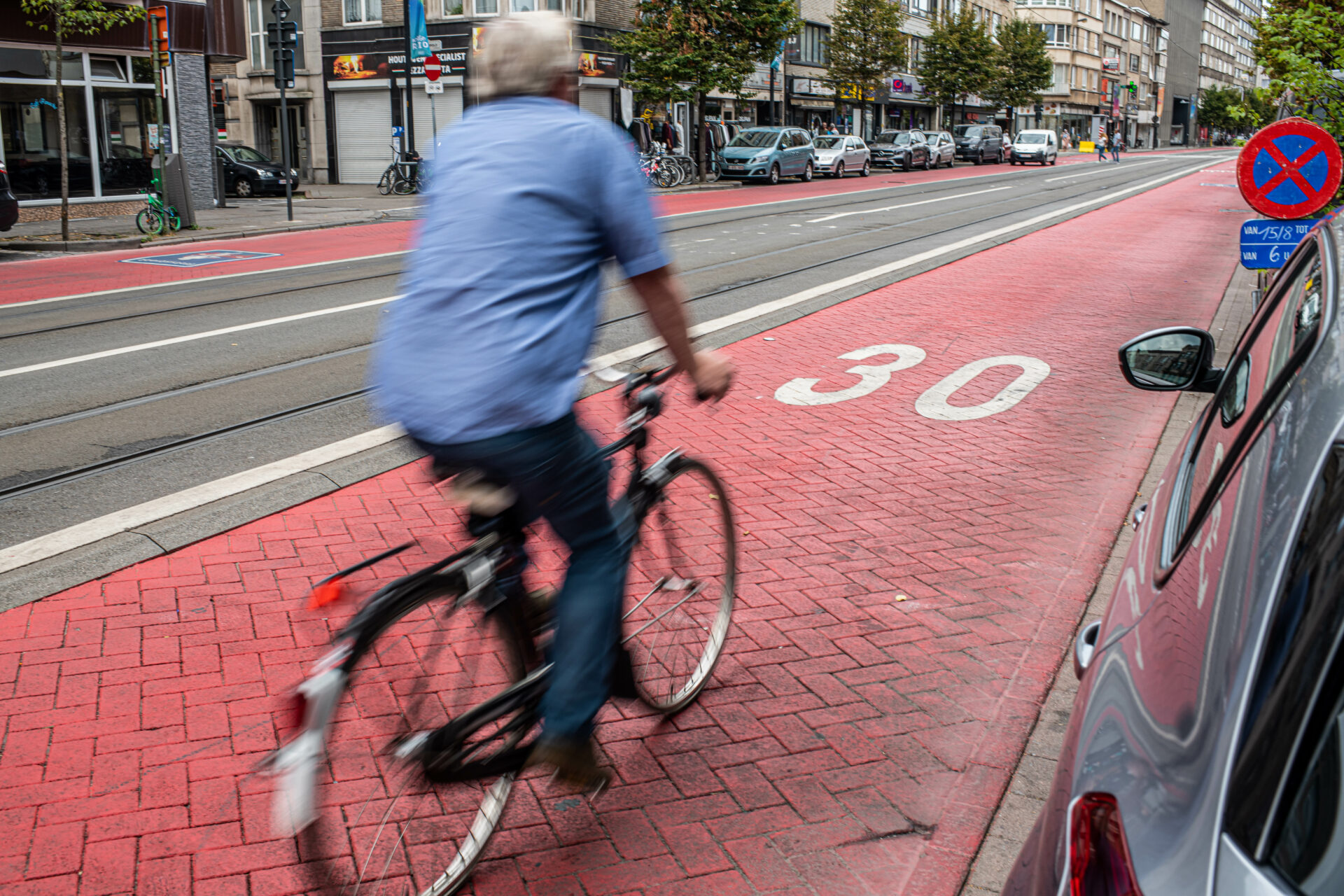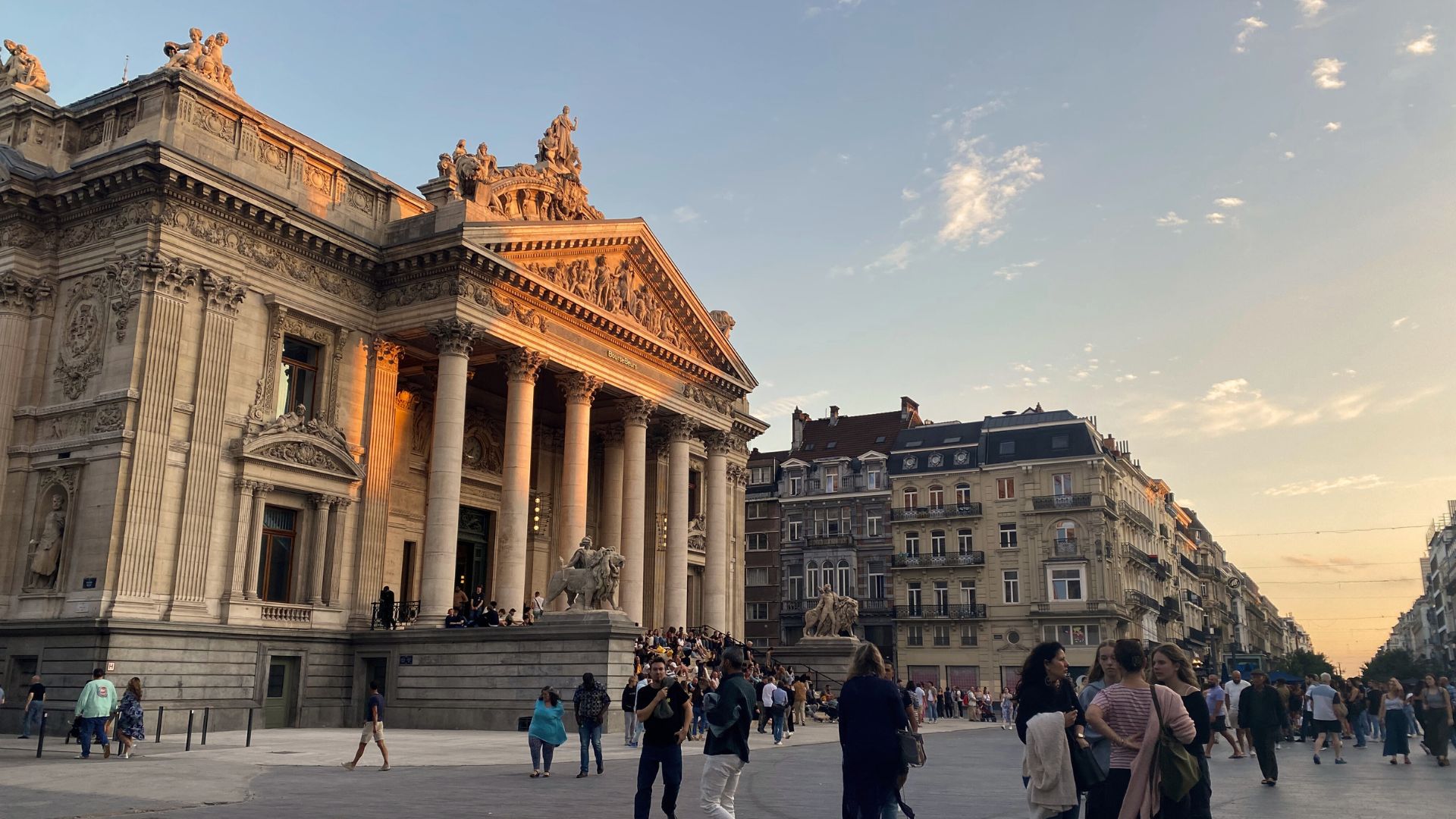A large share of Brussels residents is non-Belgian, and while the municipal elections allow some to politically participate, this group is excluded from influencing regional policy-making. However, one platform has ensured Brussels' international residents' voices were listened to by the region in another way.
Statistically, Brussels' international community cannot be ignored: 36.9% of the region's population is made up of non-Belgian nationals, and around a quarter is made up of EU citizens who can vote in municipal elections, giving them enormous potential to impact local politics. However, another large group is excluded from all elections in their home-away-from-home, despite Brussels being their main place of residence.
"More than one in three people living in the region has no influence on decisions taken in the Brussels Parliament about a wide range of important topics," Ans Persoons, Secretary of State for European and International Relations, told The Brussels Times. "This is because they can’t vote in regional elections."
To correct this democratic deficit and give international residents a say on a regional level, commissioner.brussels together with the Brussels Parliament launched "Brussels Voice", a new democratic space allowing them to define their priorities and demands.
'More interest than room'
The Brussels Voice trajectory was divided into two cycles. At the start, commissioner.brussels mobilised around 1,500 non-Belgian residents, who took part in a reflection exercise on the future of the region, mainly through a simple online vote.
"But for the second cycle, we asked people to commit what was really quite a lot of time to and energy, to partake in a series of workshops and discussion groups," commissioner.brussels' Bryn Watkins, who oversaw the project, told The Brussels Times. "And still, 600 people applied for this round, so we saw real enthusiasm among these residents to get involved."
Only 45 places were available for the second cycle. "So there was more interest than we had room for in the process, which is almost a bit of a shame." There was a loose articulation between the two cycles. "Six key topics of interest emerged during the first cycle, and these became the basis of the second cycle."

Parliament of the Brussels Capital Region. Credit: Belga / Nicolas Maeterlinck
He stated that, from the start, there was "clearly a genuine interest" amongst expats to have their say on regional policy. "They were full of ideas, and wanted to have a chance to speak up, which isn't surprising because they live here and this is their home."
Mobility, followed very closely by public cleanliness, emerged as the most important topic in the second cycle. "It is interesting because these are topics that are important to anyone living in the region, but international residents might have specific viewpoints on these, especially as they can compare their experiences here to those they have from living elsewhere."
During the second cycle, there was a bigger focus on incorporating a democratic approach, and Brussels Voice worked hand-in-hand with the regional parliament.
Presenting recommendations
The members of the Brussels Voice were invited to the Brussels Regional parliament last week to watch a debate in which the 15 proposals were discussed, the highlight of the participative project. This presentation was the fruit of many proposals, meetings, workshops and even discussions between a diverse panel of International Brussels residents and Members of Parliament in October last year.
The recommendations read mainly as a plea for a more liveable city, including measures such as reducing the demand for motorised mobility, including higher taxes for fossil-fuelled vehicles, lowering their speed to 20km/h in bicycle streets, expanding the car-sharing network and expanding the network of bicycle lanes. Finally, the group also called for a regional greening plan with an ambitious mapping and a concrete budget.

The group called for the speed limit on bicycle streets to be lowered to 20 km/h. Credit: Jonas Roosens/Belga.
Watkins noted that the council took the time to discuss the Brussels Voice proposals. "We're at the end of the mandate and the Parliament has a lot to get through, and still they dedicated a whole hour of the meeting to our group." Members of the committee and Mobility Minister Elke Van den Brandt (Groen) went into the details of the proposals and why non-Belgian residents found these most important.
Van den Brandt's spokesperson told The Brussels Times that the minister and members considered it a pleasure to welcome international residents into the Parliament. "It is encouraging to see their political participation and how important this engagement is for them. It also gave us a chance to discuss more with them what direction we are already moving in, and give more information about existing measures."
Voting still key
This was a meaningful response for the group, according to Alain Hutchinson, Brussels Commissioner for Europe. "Too often, proposals are published and then forgotten. But in this case, we can be satisfied that the Parliament and the regional Minister for Mobility have properly engaged with the proposals and addressed them in a public debate."
Participants also responded positively, noting they felt listened to and heard by the Region. "Our hope is that, while we only activated a limited number of people per cycle, the broader international community will see this being done and that there are places where they can speak up," Watkins said.
Related News
- Belgians living outside EU will soon no longer be excluded from banking services
- Belgium tightens tax rules for expats
- Proportional representation in Belgium: How does it work?
He noted that, in the coming weeks and months, commissioner.brussels' main message will be to encourage eligible international residents to vote in the European elections (9 June) and municipal elections (13 October). "We want them to use the voice they have this year."
However, Hutchinson noted that the right to vote in the regional election is still the ultimate goal for these groups. The regional Parliament has issued declarations stating it wants to give non-Belgians this vote on a regional level, but as this is a federal competence, it would require a constitutional change, which will likely not come quickly.

